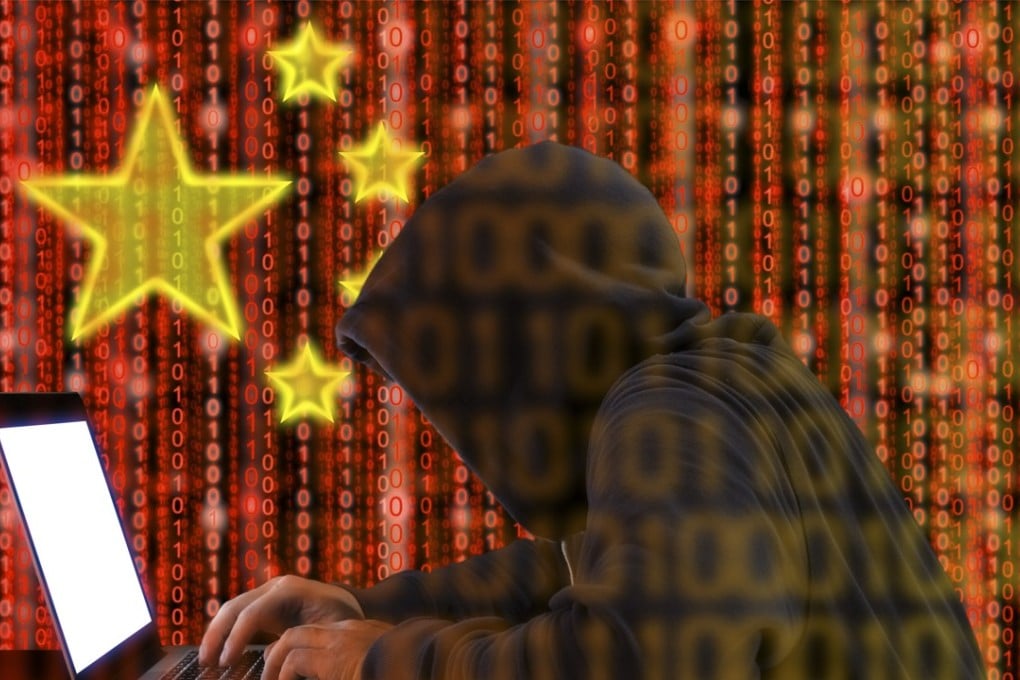China discourages its hackers from foreign competitions so they don’t help others
Chinese security researchers have dominated global hacking competitions in recent years. This year, they were absent from the annual Pwn2Own competition in Vancouver

China is discouraging its internet security experts from taking part in international hacking competitions because of national security concerns, according to a Beijing-based company that was informed of the decision.
Beijing Chaitin Technology Co. was told by the Chinese government at the end of last year not to participate in such competitions, according to a representative for the network information security company. Chaitin will “shift our focus to keep perfecting our products and build a more secure cyberspace in China,” the representative said.
Cybersecurity firms like Chaitin take part in competitions as so-called white hats, ethical hackers who exploit vulnerabilities in software with the aim of improving their security. By participating in overseas contests that expose weaknesses in software made by Apple to Microsoft, these teams are helping companies detect and fix flaws in their security.
Cyberattacks have been a bone of contention between the US and China for years, with both sides swapping accusations of hacking attempts. The latest move to dissuade Chinese security teams from joining global contests takes place amid heightened tensions between the two countries, with US President Donald Trump reportedly considering imposing tariffs aimed at Chinese technology and telecommunication imports.
Earlier this year, the US government blocked Chinese telecommunications equipment supplier Huawei’s plans to sell its smartphones through AT&T reportedly due to security concerns.
“Some Chinese hackers are among the best in the world, so it makes the competitions less fun,” James Andrew Lewis, a Washington DC-based senior vice-president at Center for Strategic and International Studies. “Keeping the talent at home makes China better at cyberattack.”